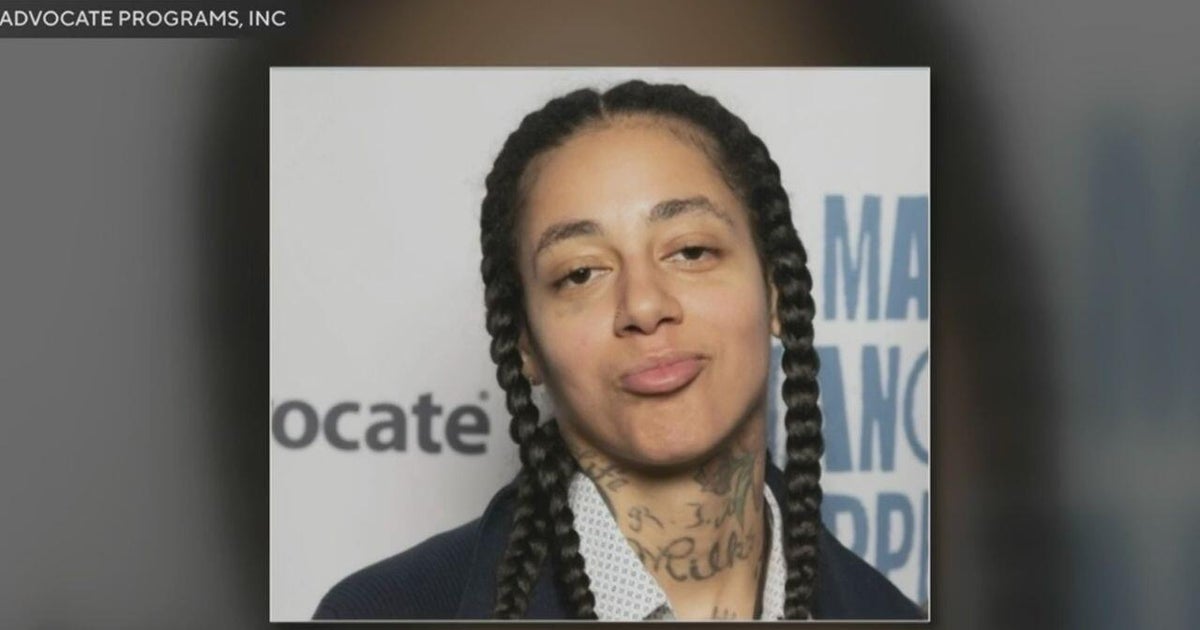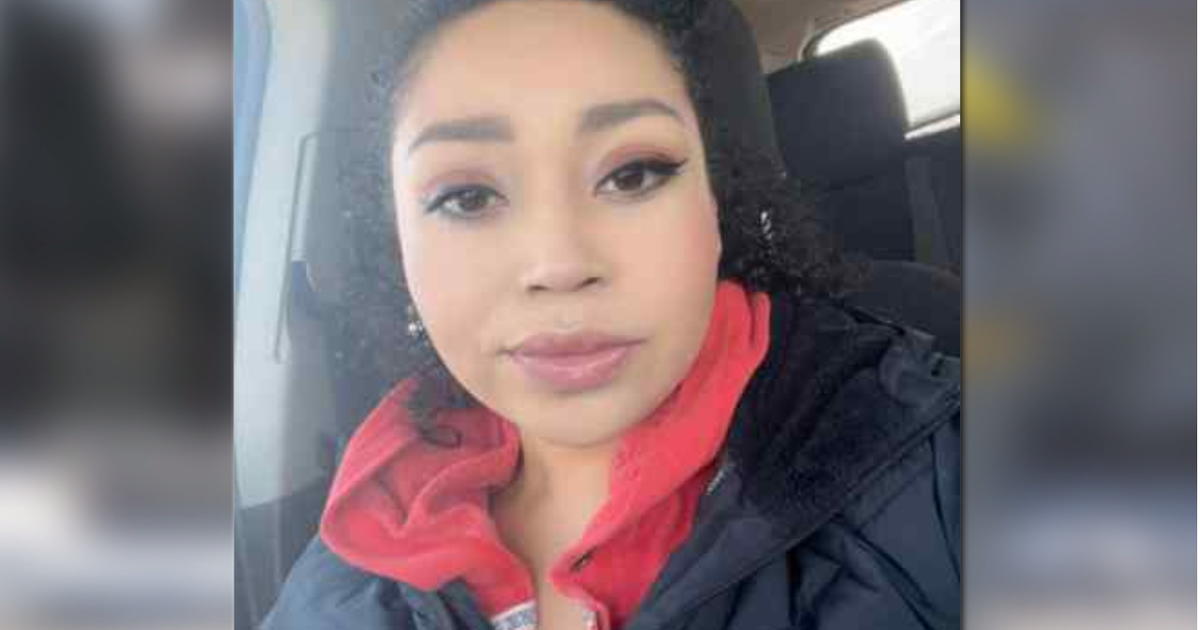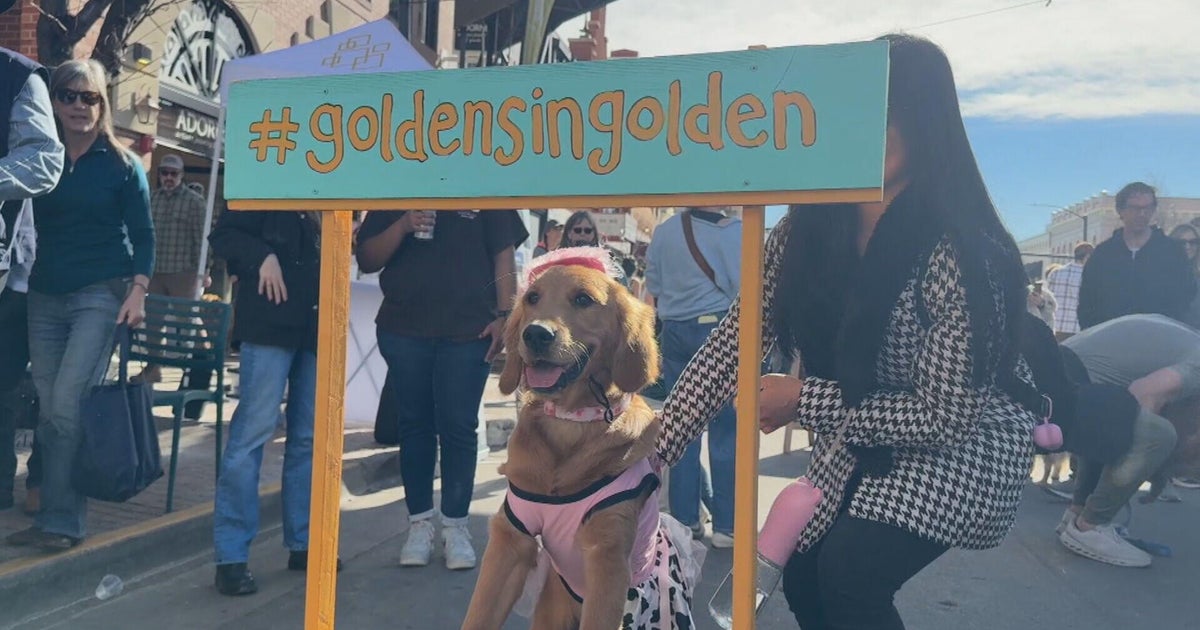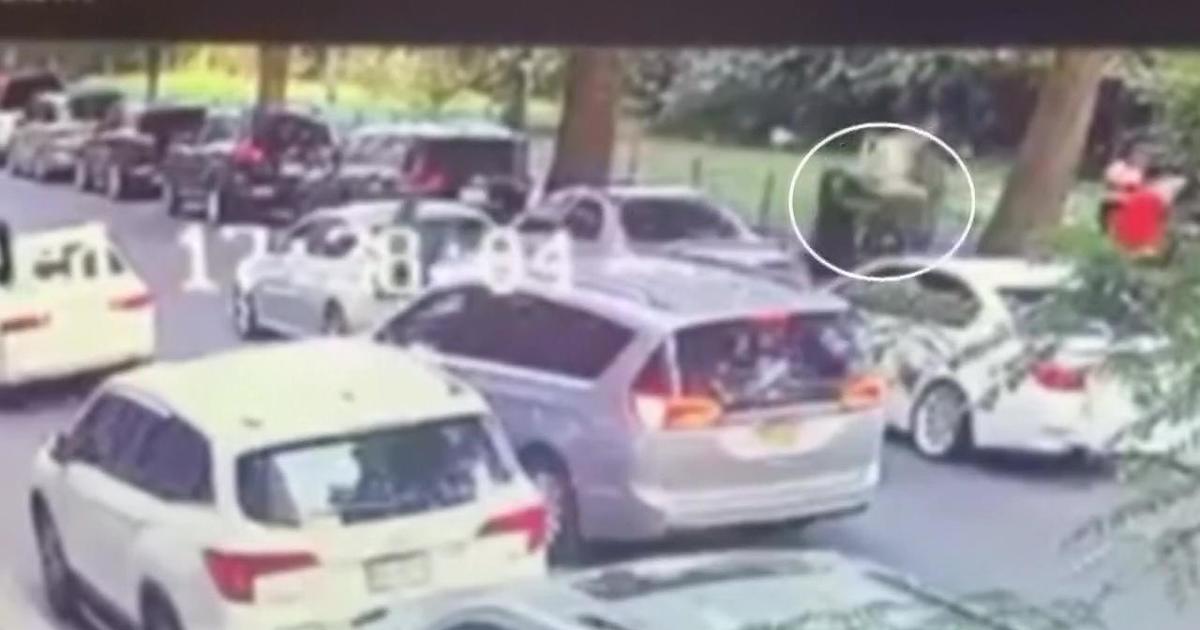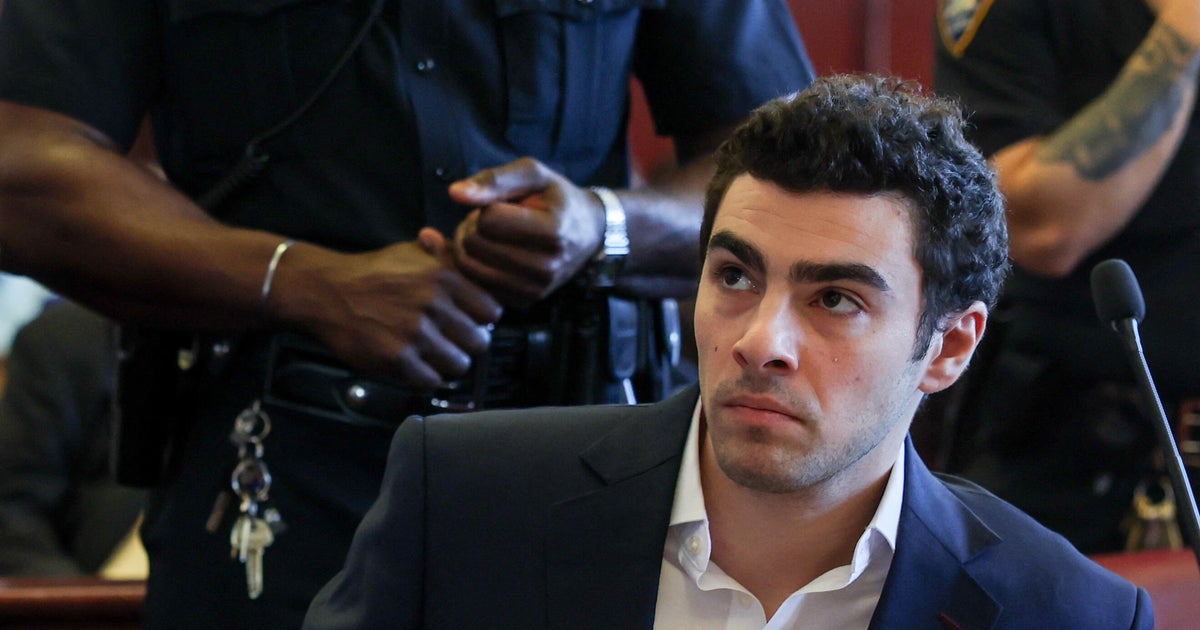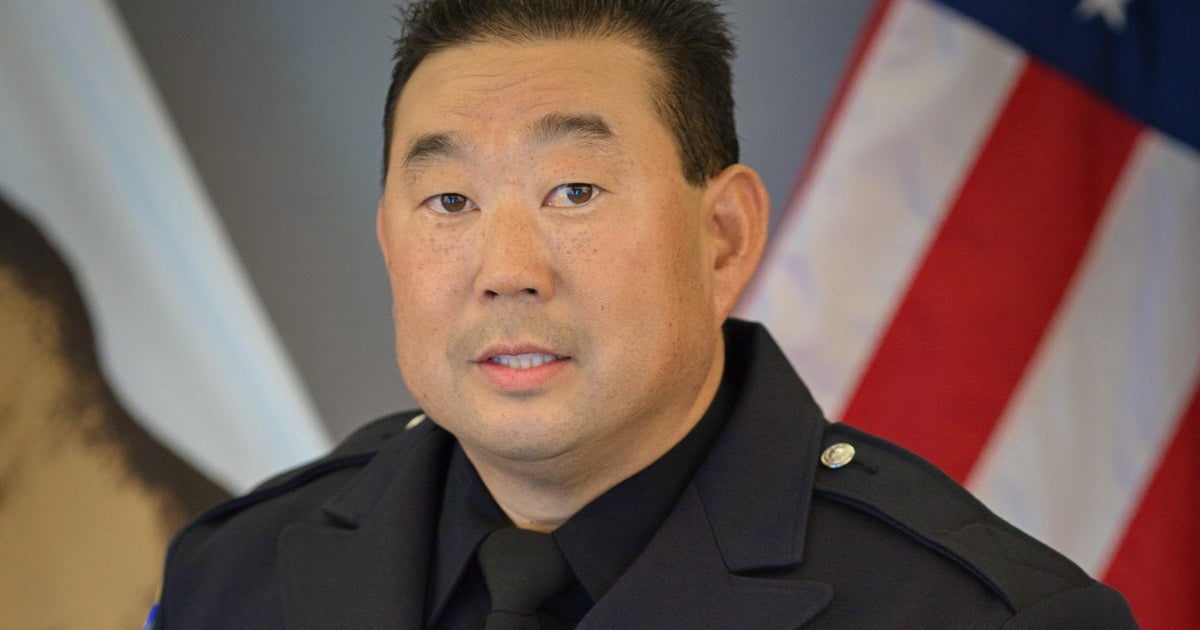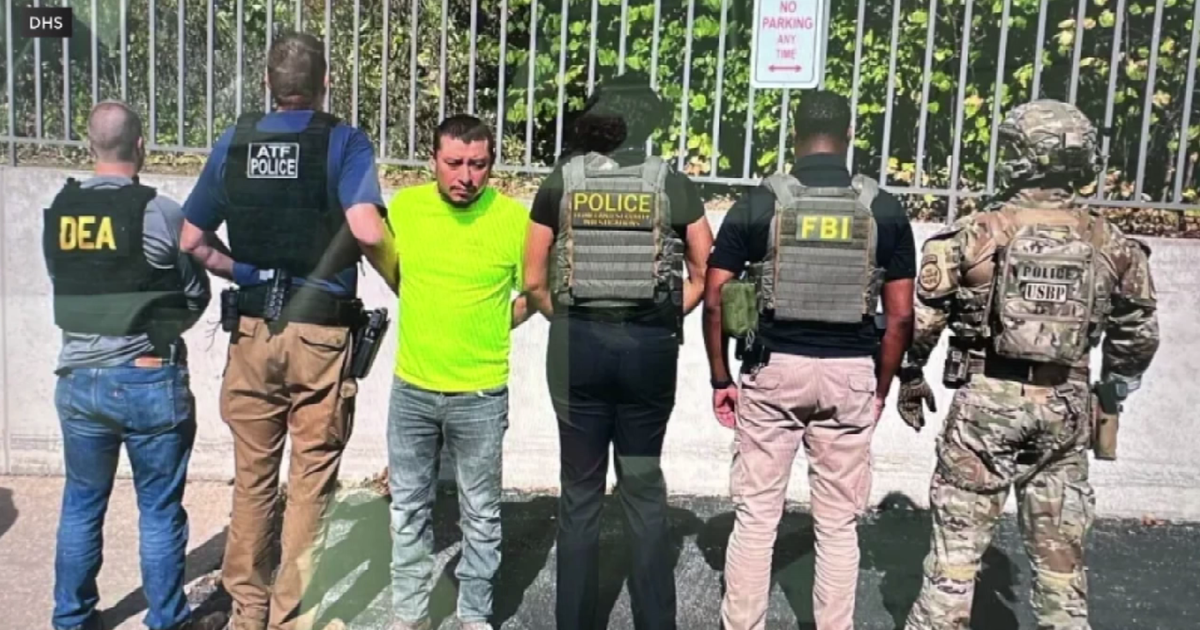Reluctant Juror Recalls Jack Ruby Murder Trial
DALLAS (CBSDFW.COM) - It was 47 years ago that President John F. Kennedy was assassinated in downtown Dallas. It was a moment that stunned the nation.
Lee Harvey Oswald would become the prime assassination suspect, but just two days after he was arrested, he was shot and killed by Dallas nightclub owner Jack Ruby. Ruby was later convicted of murder by a Dallas jury. Reluctant juror J. Waymon Rose was among the 12 people serving on that jury.
In November of 1963, Rose was a traveling salesman. The assassination of President Kennedy would set into motion a chain of events that would drag Mr. Rose, unwillingly, into history.
"I said, I'm too busy to be on any jury, but I'll get off it," Rose recalled about his notice of summons. "I'm not going to serve on any jury."
But, out of a pool of a record 900 potential jurors, Mr. Rose - who was number 129 in that pool - was picked to be juror number 10. During the trial, Rose kept a journal in a 25-cent spiral notebook, which is now part of the archive material at the Sixth Floor Museum at Dealey Plaza.
"Did you ever speak to Jack Ruby, or did he speak to you," CBS 11 News anchor Doug Dunbar asked? "No, never did," said Rose.
By the time Jack Ruby stood trial, nearly everyone in America had seen the video showing him walking up to Lee Harvey Oswald and shooting him at point blank range.
"Did the jury feel confident as a whole that they could be impartial, even though in all likelihood everyone had seen the video," Dunbar asked? "I think so, Doug, because everyone had at least a high school education, and four of us had a college degree," Rose said. "I wish that if I were ever tried in a court of law, I would have a jury that was as educated and impartial as they were."
In fact, Rose wrote in his diary that near the end of the trial, he still had not made up his mind yet whether Ruby was mentally 'all there'.
"As the days progressed, I could tell that this man was slowly, day by day, dying inside," Rose said.
In the diary, Rose also describes, night after night during the 11-day trial, being sequestered and bored. But, jury members never once discussed the case out of turn because of a distinct fear.
"We were ever fearful that we might slip up, or do something that might necessitate or precipitate a new trial, and we didn't want that to happen, especially on the count of the jury," he said.
When deliberations began, the first vote had 10 jurors in favor of guilt and two others holding out.
"There was never any doubt that number one, he was sane," Rose said. "There was no doubt that it was premonition, that he planned to do this, but there was some doubt as to intent on what he was doing."
Mr. Rose says that after 30 minutes the verdict became unanimous. The jury voted to convict Ruby of murder with malice and sentenced him to die.
"We made eye contact with him," Rose said of the juror's actions with Ruby after the verdict. "As we walked down the hall, we passed the word back to look him in the eye, look him in the eye. We walked into the courtroom, saying to each other 'Look him in the eye'."
"Are you now okay that you served on this jury?" Rose was asked. "Well, I'm happy about it, that I became a part of history," he said. "I couldn't deny that if I wanted to."
Jack Ruby died in prison awaiting a re-trial in 1967. His sentence had been overturned, and his attorneys were working on moving the case to Wichita Falls.
J. Waymon Rose gives symposiums on occasion at the Sixth Floor Museum at Dealey Plaza. And, today, a brand new exhibit is now open there surrounding Jack Ruby's life. The exhibit includes items such as the famous hat Ruby was wearing at the time he shot Oswald. The exhibit is free with paid admission to the Sixth Floor Museum.
